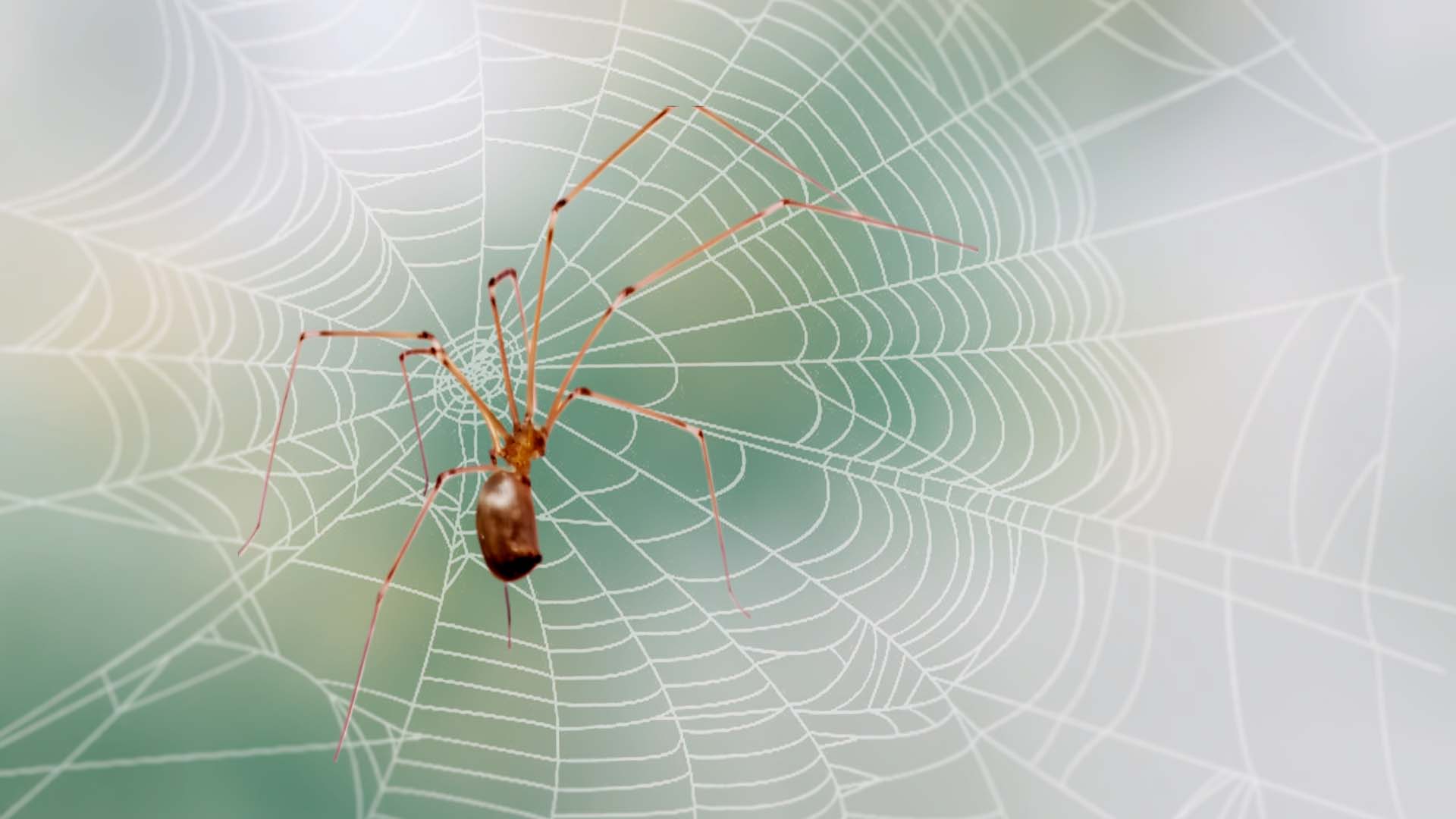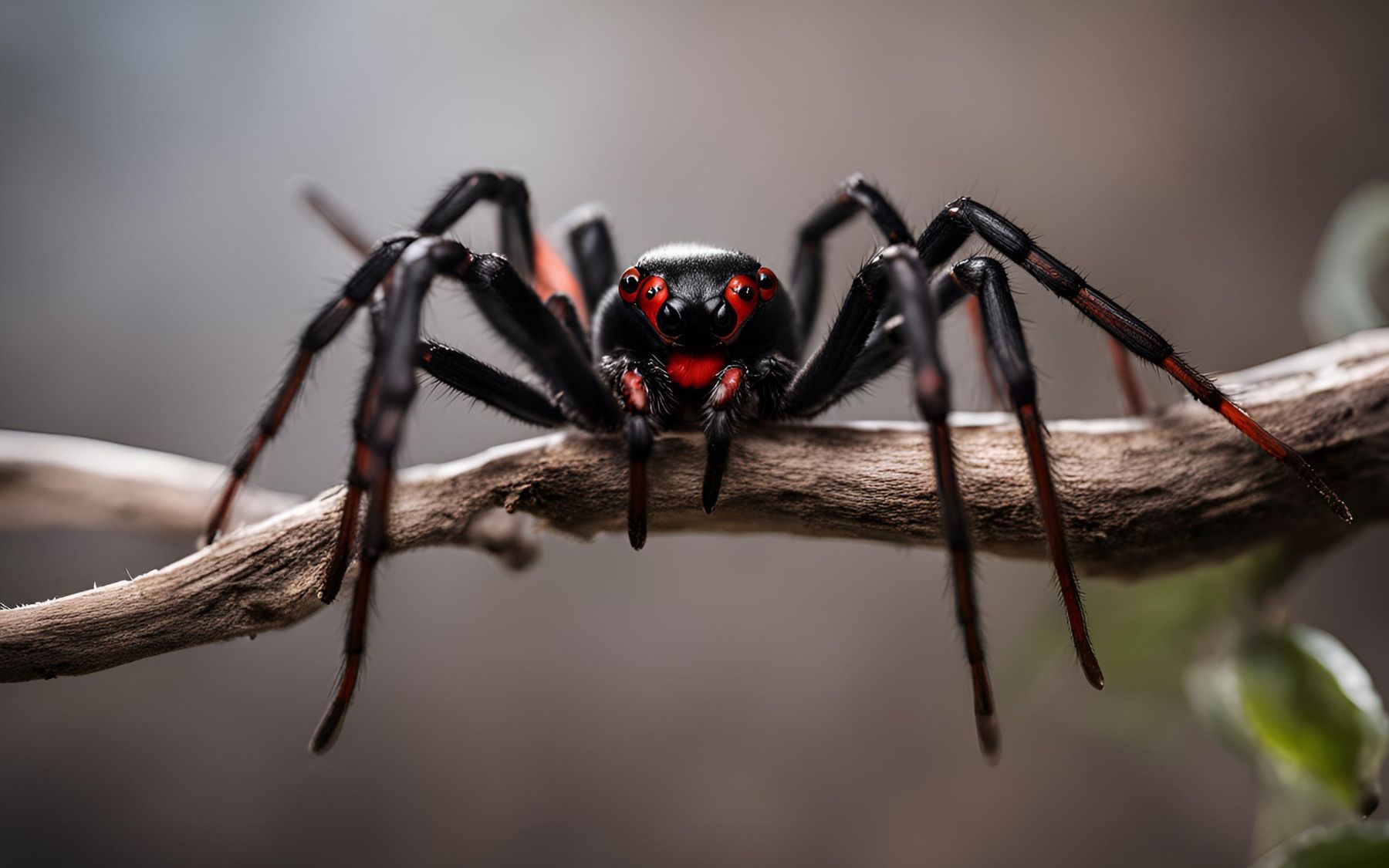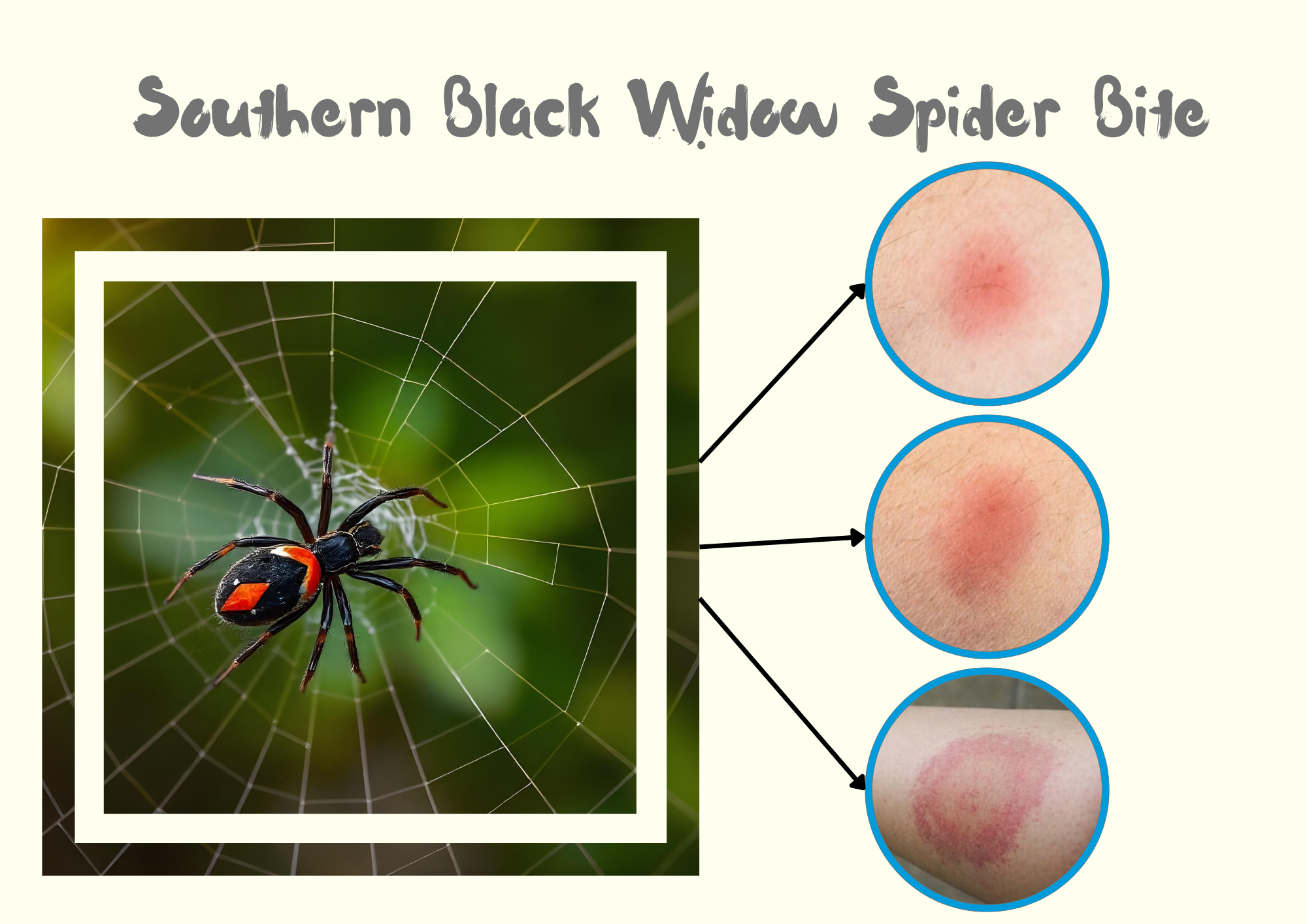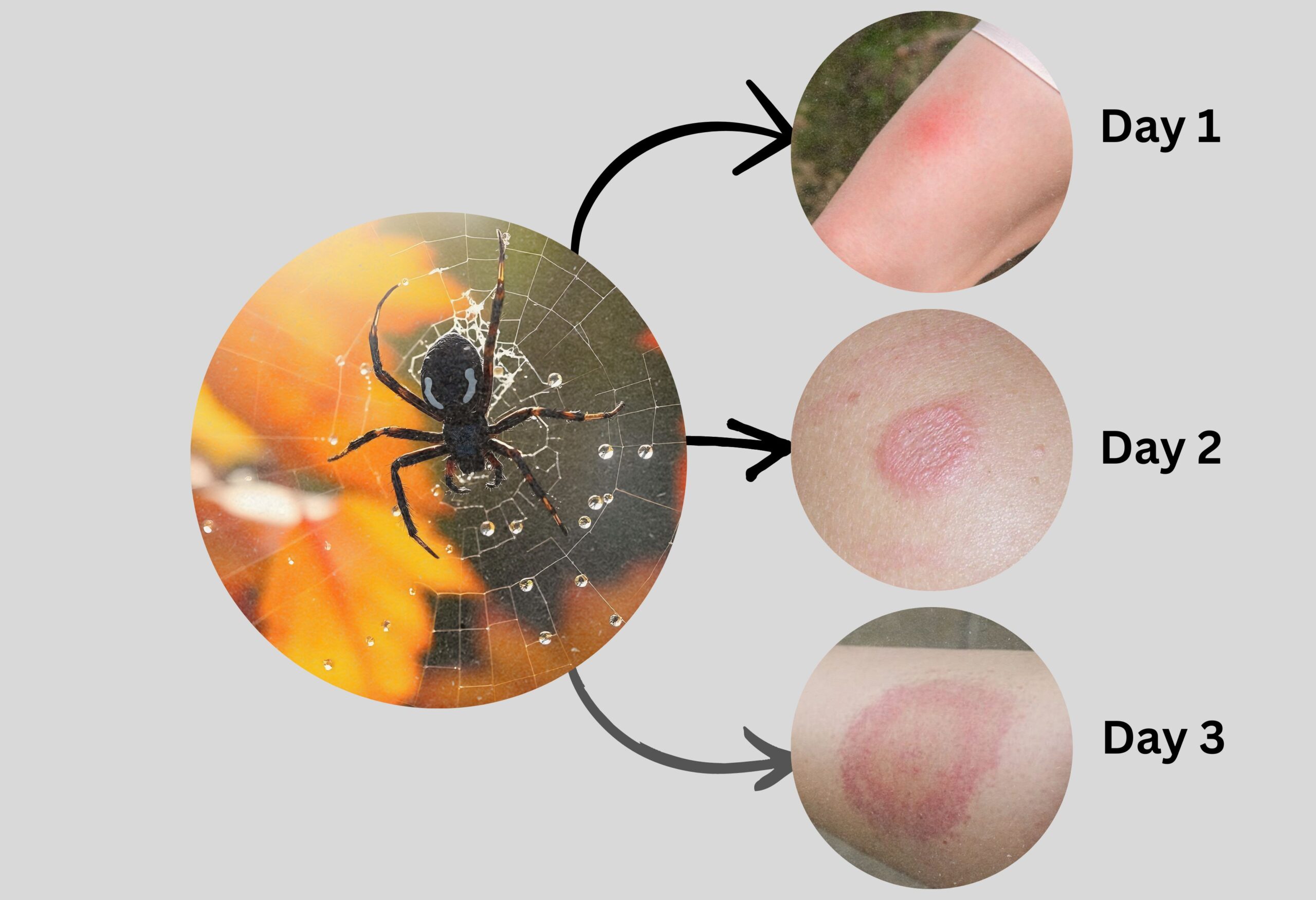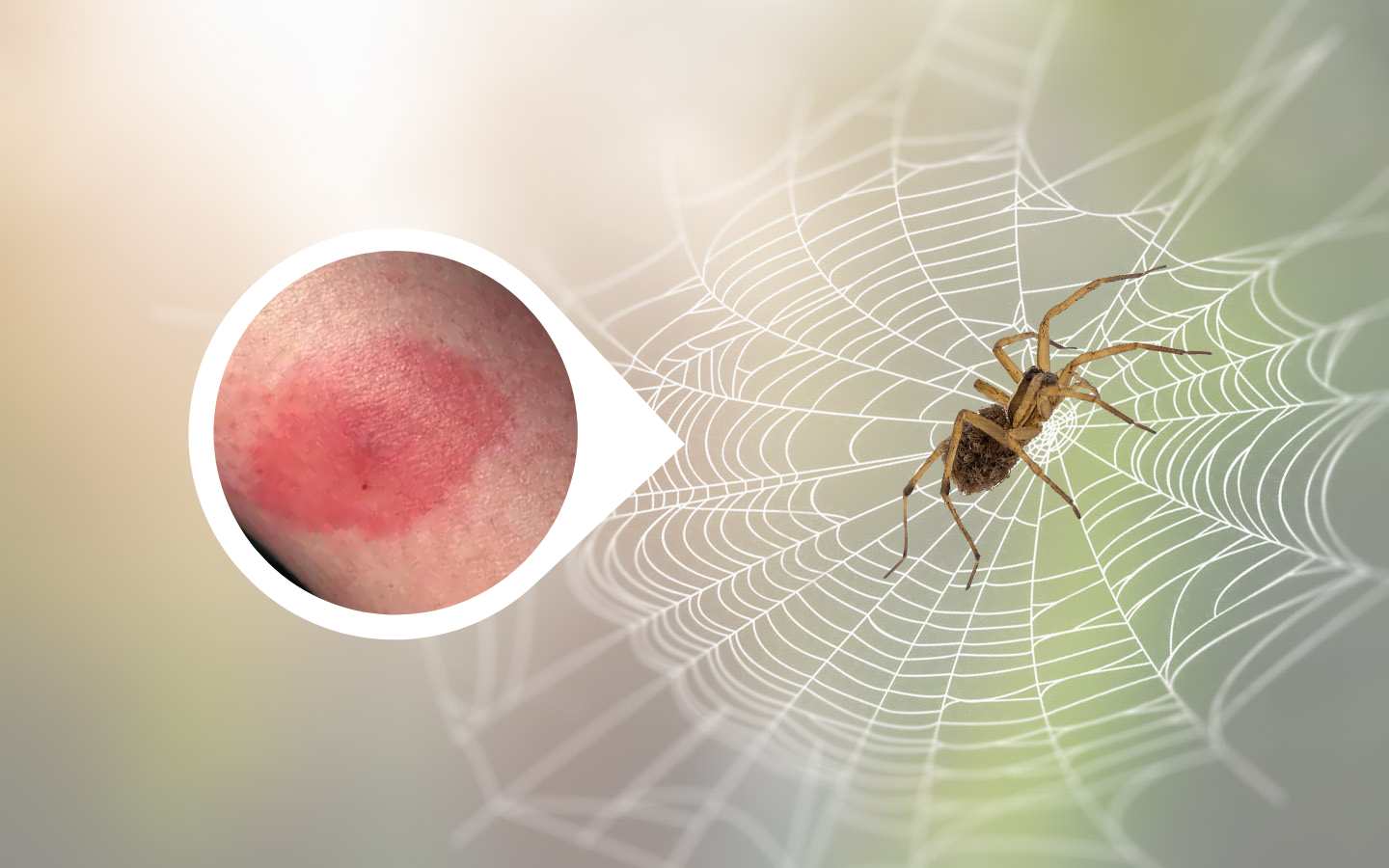Daddy long legs, also known as harvestmen, are a common sight in many parts of the world. These long-legged arachnids often evoke curiosity and sometimes fear due to their unique appearance. One of the most prevalent questions about daddy long legs is whether they can bite humans or animals.
In this article, we will delve into the world of daddy long legs, addressing the biting myth and answering other questions related to these intriguing creatures.
Can Daddy Long Legs Bite?
Yes, daddy long legs can bite, but their bites are generally harmless to humans. These arachnids have small and delicate mouthparts and produce venom primarily for immobilizing prey, not for causing harm to humans. In the rare instances when they do bite, it typically results in mild discomfort, similar to a minor bee or wasp sting. Their bites are usually defensive and not intended for predation. Overall, there is no need to be concerned about daddy long legs’ bites.
What does a daddy long legs spider bite feel like?
A daddy long legs bite typically feels like a mild, sharp pinch or a stinging sensation. It’s often compared to a minor bee or wasp sting in terms of discomfort. While some individuals may not even notice the bite, others might experience a slight burning or itching sensation at the site of the bite. Generally, the symptoms are brief and relatively mild, and there is no significant cause for concern if bitten by a daddy long legs.
Are Daddy’s Long Legs Poisonous?
Daddy long legs are not poisonous to humans. Contrary to popular belief, they do not possess venom glands or potent venom. Their primary defense mechanism is to secrete a foul-smelling substance when threatened, which is more of a deterrent than a toxin.
Can Daddy Long Legs Bite Dogs?
Dogs can occasionally encounter daddy long legs, especially when playing in outdoor areas where these arachnids reside. While it is theoretically possible for a Daddy long legs to bite a dog, it is highly unlikely. Even if a bite were to occur, it would likely have little to no impact on a dog’s health due to the arachnid’s non-toxic nature.
Can Daddy Long Legs Bite Cats?
Like with dogs, the possibility of a Daddy long legs biting a cat exists but is extremely rare. Cats are generally more agile and cautious around small creatures, making encounters with daddy long legs infrequent. However, if a bite were to happen, it would likely be harmless to the cat.
Are Daddy Long Legs Scared of Humans?
Daddy long legs are not necessarily “scared” of humans. They are more focused on avoiding predators and seeking out their preferred habitats, which are often damp and hidden areas like under rocks or logs. When they do encounter humans, they usually try to escape rather than confront them.
Can Daddy Long Legs Bite Humans?
As mentioned earlier, Daddy long legs can bite humans, but it’s uncommon and typically harmless. Their bites may cause minor irritation or redness at most. If you do experience a bite, it is usually accidental, and the arachnid is more likely to be defending itself rather than actively seeking to harm you.
Do Daddy Long Legs Feel Pain?
The question of whether Daddy long legs feel pain is a subject of debate among scientists. Their nervous systems are relatively simple compared to vertebrates, which raises questions about their ability to experience pain as we understand it. Some researchers believe they may have limited pain perception, while others argue they do not experience pain in the way mammals do.
Can Daddy Long Legs Eat?
Yes, Daddy long legs are indeed capable of eating. They are opportunistic feeders and primarily consume small insects, decaying plant matter, and other tiny organisms. They use their chelicerae (mouthparts) to grasp and crush their prey before consuming it.
Conclusion:
Daddy long legs are intriguing creatures often surrounded by myths and misconceptions. While they can bite, their bites are generally harmless to humans and pets. These arachnids play a vital role in the ecosystem by helping to control insect populations, making them more beneficial than feared. Understanding their behavior and biology can help us coexist peacefully with these fascinating arachnids.

